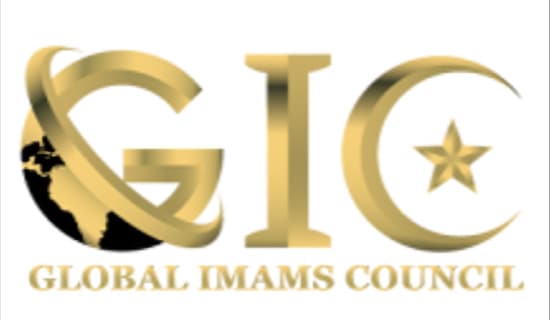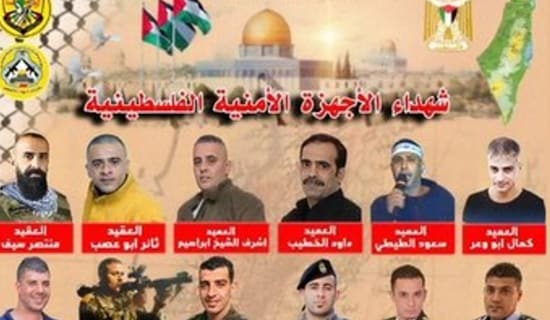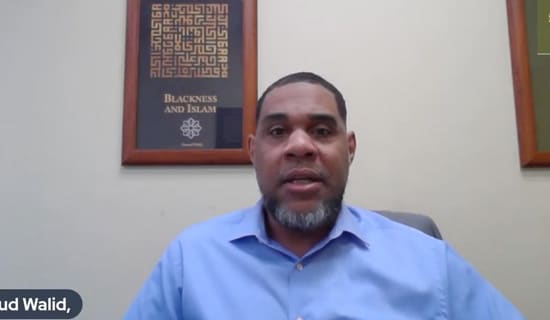In an editorial on November 8, 2007, Jamal Ahmad Khashogji, editor-in-chief of the liberal Saudi daily Al-Watan, reveals the diplomatic sparring that took place at the Istanbul Conference between Saudi Foreign Minister Saud Al-Faisal and Iranian Foreign Minister Manouchehr Mottaki. Khashogji wrote that for all Iran's talk about Islamic unity, Iran is in fact contributing to sectarian division.
The following are excerpts from the editorial:
Iran's Islamic Revolution Speaks in the Name of the Entire [Islamic Nation], But Gives Aid and Forms Alliances on a Sectarian Basis
"At the recent Istanbul conference that was – once again – dedicated to the repercussions of the situation in Iraq, Iranian Foreign Minister Manouchehr Mottaki delivered his speech in the presence of the foreign ministers of the countries of the region; the U.S. secretary of state,… representatives of the states that are permanent members of the [U.N.] Security Council,… and the U.N. secretary-general...
"[Saudi] Foreign Minister [Prince Saud Al-Faisal] began to take notes, paying attention to every last sentence of his Iranian counterpart's speech. His attention was caught by a list boastfully distributed by Mottaki, disclosing Iranian aid to Iraq.
"When his turn came to speak, Prince Saud Al-Faisal… said that he would not be reading his prepared speech, which he [nonetheless] handed out to his counterparts. Then he gave an improvised speech, less than five minutes long, calling everyone's attention to [the fact] that the Iranian foreign minister had [just] reviewed the aid given by his country to Iraq – schools, clinics, power stations, and so forth.
"'But where?' asked Prince Saud. In answer, he said that according to the Iranian [foreign] minister's statements, all these projects were in Basra, Najaf, and Karbala, and those [that had aided] Baghdad had gone to the majority-Shi'ite Sadr City. Prince Saud asked why this was. And I ask this as well.
SUPPORT OUR WORK

"Why does the 'Islamic Revolution in Iran' limit itself to one sect? It speaks in the name of the entire [Islamic] nation whenever it wants to, but when it provides aid and forms alliances, it does so on a strictly sectarian basis, solely with its Shi'ite brothers.
"This is an issue that has become palpable and worrying. You see it in Iraq, Yemen, Lebanon, and Pakistan. Were it not for the wisdom of Saudi Arabia, a door would have opened to sectarian polarization – which is a battle and a contest that none of us need.
"Prince Saud Al-Faisal addressed his statements to Iranian Foreign Minister Mottaki, saying that the [Saudi] kingdom gives aid to all Iraqis, distributing it evenly among all sects. He added, with full confidence: 'We are ready to build clinics and schools in Shi'ite areas. Are you ready to direct your aid to the Sunnis of Iraq?'
"How can we preserve Iraq's unity if Iran supports only the Shi'ites? What if the [Saudi] kingdom let itself fall into the trap of this divisive logic, and limited its support and relations to only Sunnis? Had the [Saudi] kingdom accepted this division, it would have implicitly accepted the division of Iraq – which it is determined to reject, and which it will continue to reject, whatever the conditions and the challenges may be.
"Iraq's unity should be a matter of principle for all, as it is for the [Saudi] kingdom."
The Time Has Come For Iran to Talk Less About Islamic Unity, And Do More For It
"Perhaps the time has come for us to tell the Iranians that they should talk less about 'Islamic and Muslim unity' and do more for it – and along with it, [more] for the unity of Iraq as well.
"The challenge issued by Minister [Saud Al-Faisal] in Istanbul is good for the Iranians and even better for the Iraqis. [The Iranians] should focus on giving aid, building clinics, and repairing roads, infrastructure, and schools in the Sunni areas, in exchange for the [Saudi] kingdom's continuing its support to all of Iraq, and even focusing its aid in the Shi'ite areas.
"This is a good initiative. Let the brothers in Tehran hasten to [adopt] it. Then we can do more for Iraqi and Muslim unity, and talk less, hold fewer conferences, and give fewer speeches."[1]
[1] Al-Watan (Saudi Arabia), November 8, 2007.




